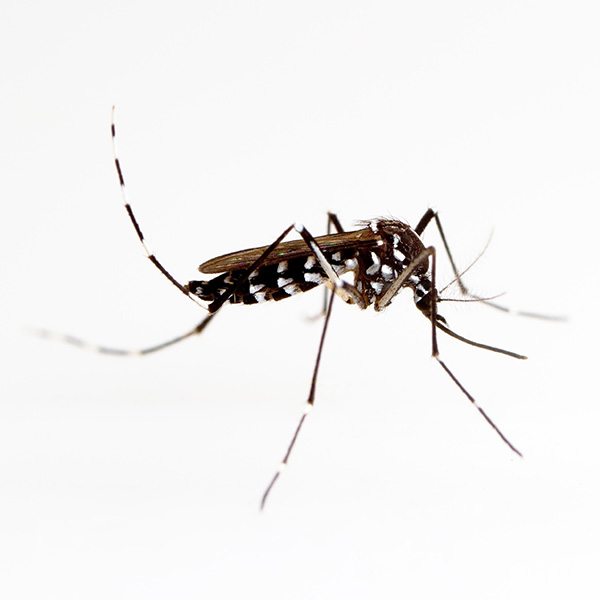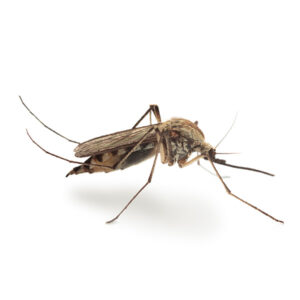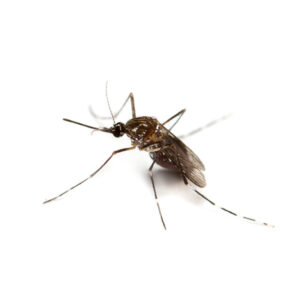Aedes Mosquitoes in Atlanta, GA
Mosquitoes, particularly Aedes species, present a notable threat to human health in Georgia. Beyond being a nuisance due to their itchy bites, these mosquitoes are vectors for various potentially dangerous diseases, including dengue, Zika, chikungunya, and yellow fever. Understanding the impact of mosquitoes in Georgia is crucial for effective prevention and control measures.
Aedes Mosquito Habitat
The Aedes mosquitoes typically thrive in warm and humid environments, making Georgia’s climate conducive to their habitation. They are often found in urban and suburban areas where they prefer to breed in artificial containers and stagnant water sources. Common breeding sites include flower pots, discarded tires, clogged gutters, and any container that can hold water for an extended period. Aedes mosquitoes are also known for their adaptability to both rural and urban landscapes. Effective mosquito control measures in Georgia involve eliminating standing water, using insect repellents, and employing mosquito control programs to mitigate the risk of disease transmission and discomfort caused by their bites.
Aedes Mosquito Behaviors, Threats, or Dangers
Aedes mosquitoes exhibit distinct behaviors that contribute to their threat as disease vectors. They are aggressive daytime biters, making them particularly challenging to avoid compared to other mosquitoes that primarily bite during the evening. The females, responsible for blood-feeding required for egg development, often bite multiple hosts during a single feeding session, increasing the potential for disease transmission. Aedes mosquitoes are vectors for diseases such as Zika, dengue, and chikungunya, posing a significant public health threat. Their ability to breed in small, artificial containers in and around human habitats enhances their proximity to people. Additionally, Aedes mosquitoes have demonstrated resilience and adaptability to various environments, making effective control measures crucial to mitigate the dangers they pose in regions like Georgia. Public awareness, mosquito control programs, and community participation are essential components in addressing the threats associated with Aedes mosquitoes.
Mosquitoes can be dangerous, which is why it’s so important to contact a professional mosquito exterminator for exclusion and control services to protect your Atlanta, GA property.



